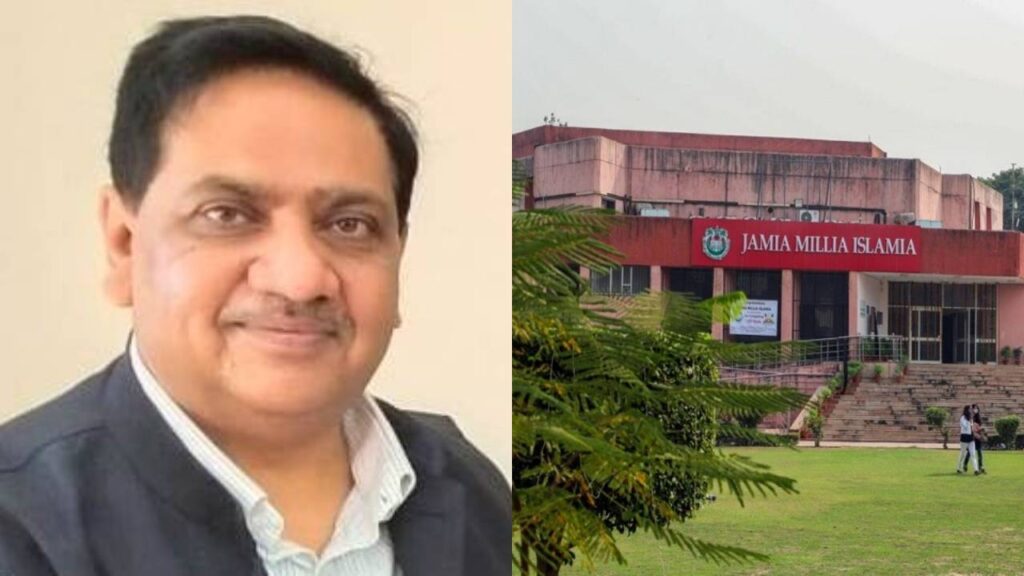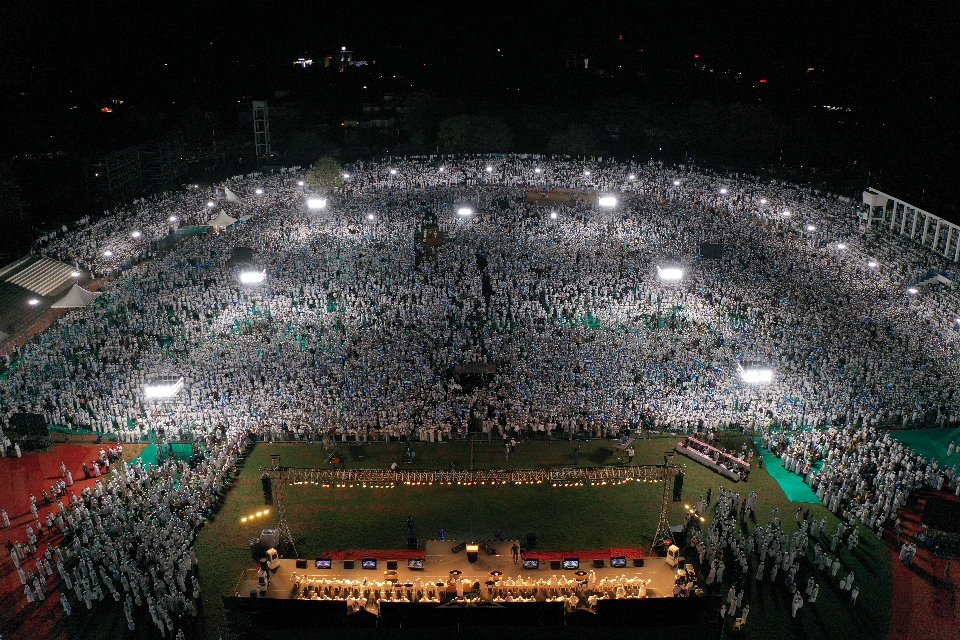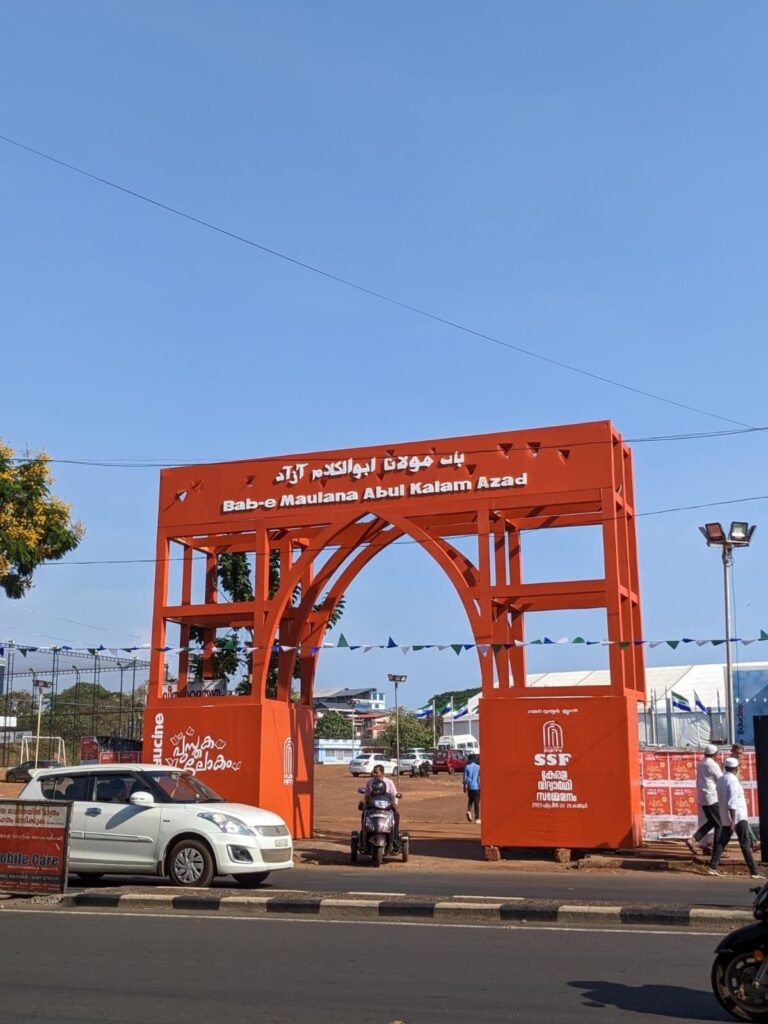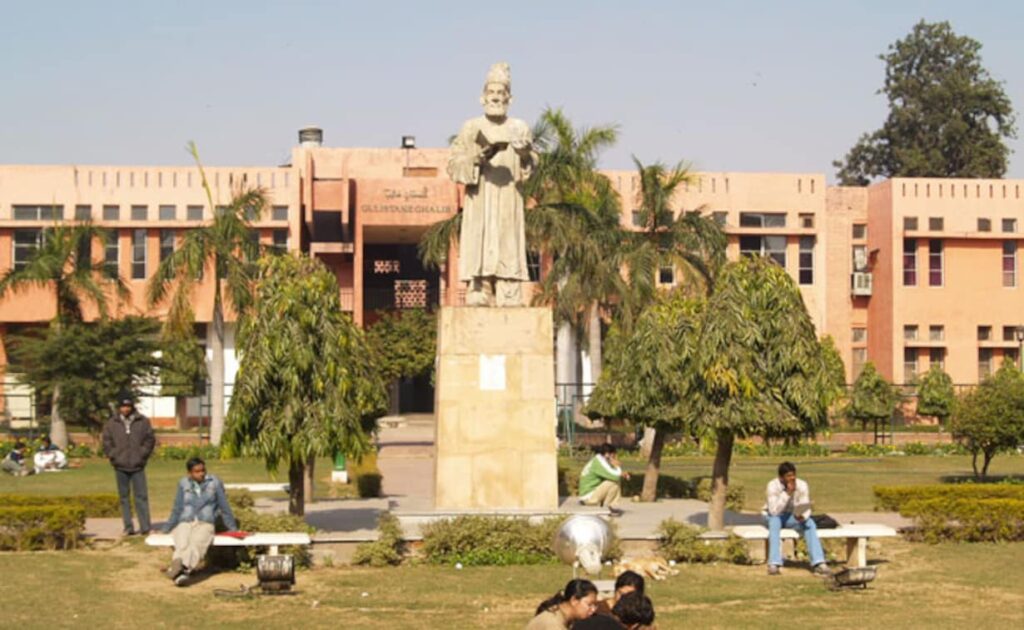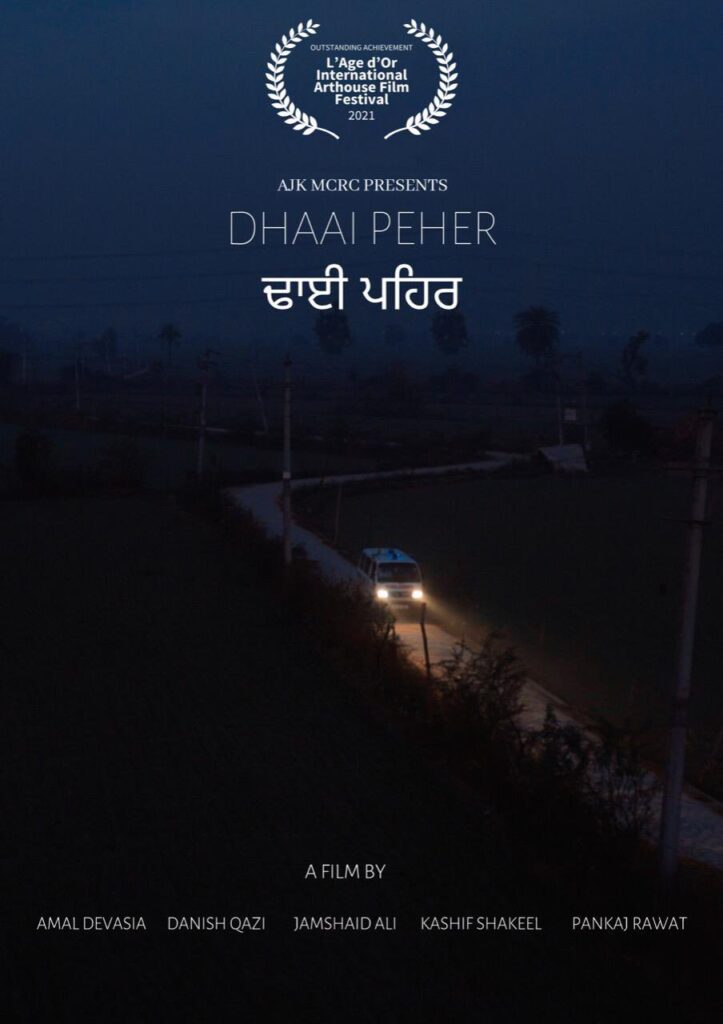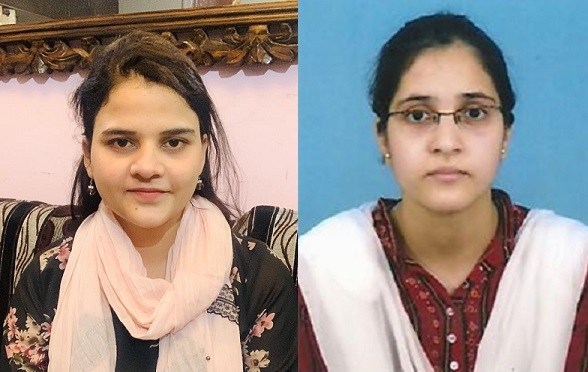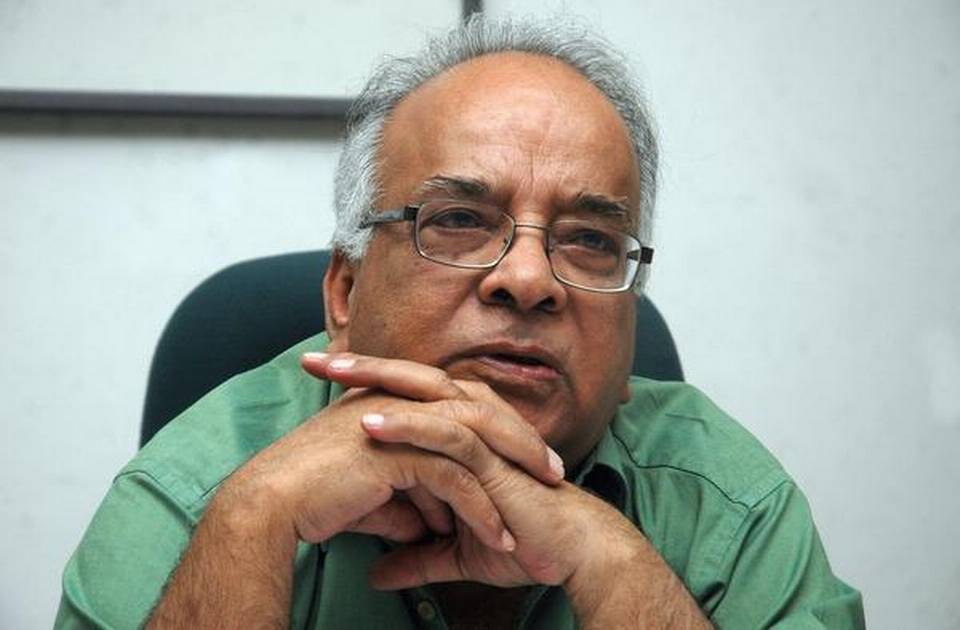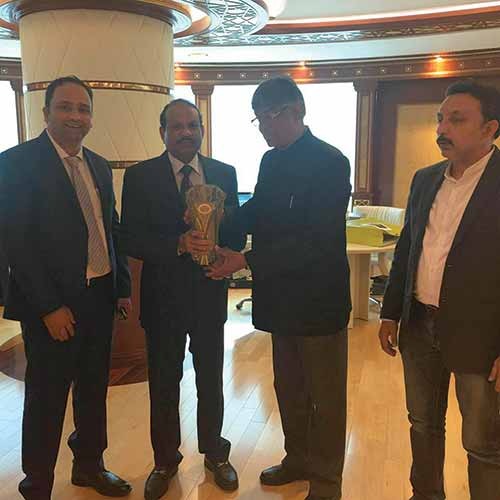Hyderabad, INDIA / Boston (MA), U.S.A:
The narrative is lucid, and the book is an important read for individuals, policymakers and think tanks to understand the ground reality.
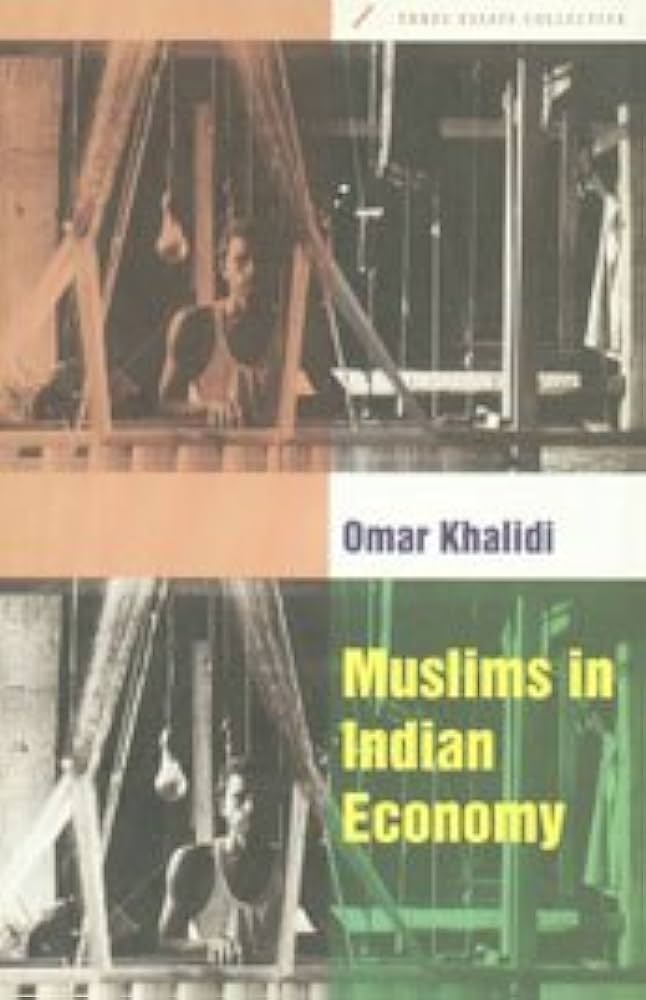
Written by an independent scholar Omar Khalidi, the book Muslims in Indian Economy tries to describe the economic condition of Muslims in India. The narrative is lucid, and Khalidi’s target audience are laymen along with policymakers and think tanks.
The whole book is divided into two major sections. The first is the description of the economic condition of Muslims at the pan-India level. It has two sub-sections dealing with the economic status of Muslims: in colonial India and Independent India. The second major section is the description of the economic conditions of Muslims in the six states of India: Delhi, Uttar Pradesh, Bihar, Andhra Pradesh, Karnataka and Maharashtra. These two sections are followed and preceded by an introduction and conclusion chapter, respectively.
Written by an independent scholar Omar Khalidi, the book Muslims in Indian Economy tries to describe the economic condition of Muslims in India. The narrative is lucid, and Khalidi’s target audience are laymen along with policymakers and think tanks.
The book states that the revolt of 1857 and the Partition of India in 1947 were the two most important events that affected the lives of Muslims. The Mutiny of 1857 nearly completed the destruction of the Muslim aristocracy in northern India, thus curtailing the prospects of the soldiery, intelligentsia and artisans dependent on feudal patronage. However, the event which affected a significant population of the Muslims of South Asia was the partition of India. It had severe economic consequences, as the poorer Muslims had to stay in India without any protection from the elites. Some Congress leaders also took an anti-Muslim stance during the partition. Similarly, Operation Polo had an enormously negative impact on the Deccani Muslims.
From its extensive research, the book elucidates how a detailed description and analysis of the state of education among Muslims during British times are absent. An 1870 report shows Muslim students to be a lower percentage when compared to other communities. The Union Ministry of Home Affairs sponsored a survey in 1981 of forty-five districts in states with a large Muslim population. It showed that Muslim enrolment in elementary, secondary, and high schools was poor.
This is not to deny that Muslim elites in various parts of the country made efforts for the promotion of modern education. Nawab Syed Wilayat Ali Khan’s efforts for Patna College, Syed Ahmad Khan’s for MAO College, which later became AMU and Khan Bahadur Mir Abu Saeed’s endeavours for an educational society in 1865 in Bihar need to be focussed upon.
The whole book is divided into two major sections. The first is the description of the economic condition of Muslims at the pan-India level. It has two sub-sections dealing with the economic status of Muslims: colonial India and Independent India. The second major section is the description of the economic conditions of Muslims in the six states of India: Delhi, Uttar Pradesh, Bihar, Andhra Pradesh, Karnataka and Maharashtra. These two sections are followed and preceded by an introduction and conclusion chapter, respectively.
Jawaharlal Nehru and his colleagues like Mahavir Tyagi (Minister of State for Defense) were well aware of the declining number of Muslims in the central services and armed forces in the 1950s. Suren Navlakha, in a study of the elite Central officers like IAS and IES, found that there is a proportionate representation of all religious groups except Muslims and Buddhists. Muslims are not in proportion to their population in the Railways, Armed Forces, and various PSUs.
A Panel headed by Gopal Singh (1983) showed that the economic condition of Indian Muslims was at par with that of the Scheduled Castes. A vast majority of Muslims are landless labourers. More Muslims are unemployed than Hindus. The majority of the big trading and banking concerns are Hindu owned, where Muslims and Dalits are nominal. Contrary to popular perceptions, Muslim women, especially those of the working class, are involved in economic activities.
The book stresses how a major educational institution such as Jamia Millia Islamia also became a victim of the partition and was forced to move from its campus in Karol Bagh to Okhla. It also explains how before Independence, Urdu was the language of instruction in a number of schools. Since the early 1950s, Urdu has been edged out of government schools. One reason many Muslim organisations want to establish their own schools is to escape this discrimination.
One of the major reasons for the poor education among Muslims is the discrimination by both the State and the society. A survey in Delhi showed that poor Muslims are concerned about female education. A psycho-social examination of slum-dwelling Hindus and Muslims showed no difference in positive attitude toward education.
The book stresses how a major educational institution such as Jamia Millia Islamia also became a victim of the partition and was forced to move from its campus in Karol Bagh to Okhla. It also explains how before Independence, Urdu was the language of instruction in a number of schools. Since the early 1950s, Urdu has been edged out of government schools. One reason many Muslim organisations want to establish their own schools is to escape this discrimination.
Similarly, the book concludes that the major reason behind poverty among Muslims is discrimination in the job market. It can be as overt as anti-Muslim pogroms and/ or as systemic as State apathy. Interpersonal discrimination is usually couched in the form of efficiency. Unlike the stereotypical image of Muslim women, various studies find that Muslim women are not averse to earning their own living if conditions are proper. Daily wage earners are normally a highly insecure group dependent on the management’s hire or fire at will. The book narrates how sometimes the government itself has segregated Muslim artisans from the mainstream of business at international fairs!
It has been well established by vast scholarship that communal violence is mainly to quell the upward economic mobility of Muslims. It happens particularly in places where Muslims have either made inroads into or displaced Hindu businesses. As long as the Hindu-Muslim relationship in businesses remains asymmetrical, peace tends to prevail.
Throughout the books, various issues come to light. Political representation for religious minorities was accepted by Vallabhbhai Patel in 1947 but rejected later. Recent scholarship has shown that discrimination against Muslims and Dalits is rampant in the private sector. Muslim Dalits and Christian Dalits do not get SC status. Leaders like Ijaz Ali demands giving SC status to OBC Muslims.
Years after years, the government has constituted committees to estimate poverty among Muslims and the policies to remove it. The majority of those were just for tokenism. For example, Justice Ranganathan Mishra headed National Commission for Religious & Linguistic Minorities (NCRLM), and Justice M.S.A. Siddiqui headed National Commission for Minority Educational Institutions (NCMEI), and Justice Rajindar Sachar headed the Prime Minister’s High-Level Committee for the Muslim Community of India (PMHCMCI).
This book must be read by all those who are sensitive to the plight of minorities in an increasingly parochial society and development practitioners who work for an inclusive plural society.
Zeeshan Husain has done BSc (AMU), and MSW (TISS). He is presently pursuing PhD in sociology from JNU. His research interest is in the society and polity of Uttar Pradesh. You can find him on Twitter.
Featured image source: Three Essays Collective, Indian Muslim Observer
source: http://www.feminisminindia.com / Feminism In India – FII / Home> Culture> Books / by Zeeshan Husain / July 11th, 2022
